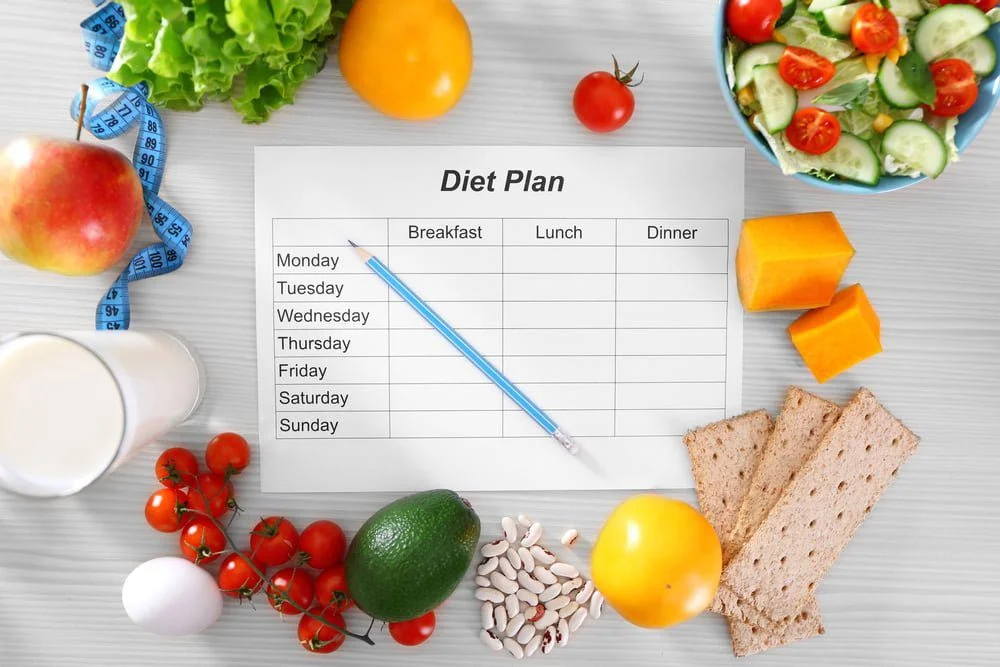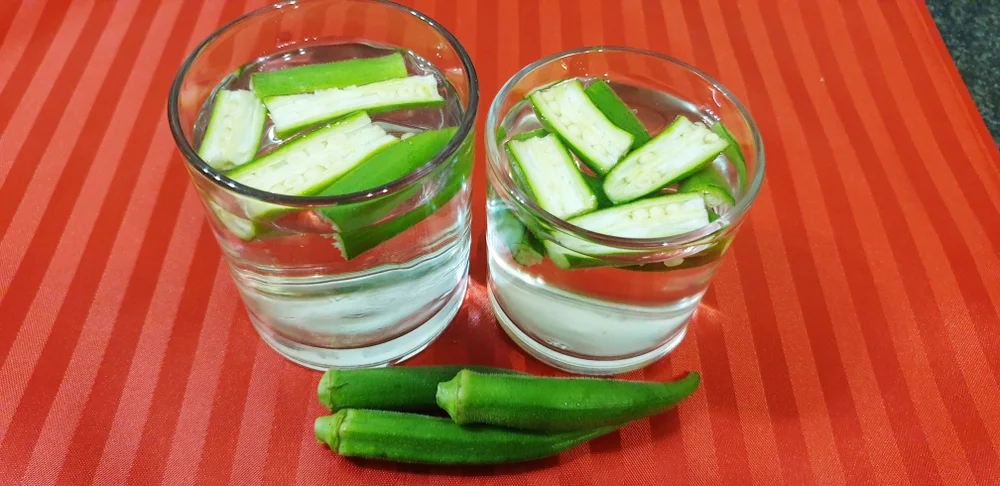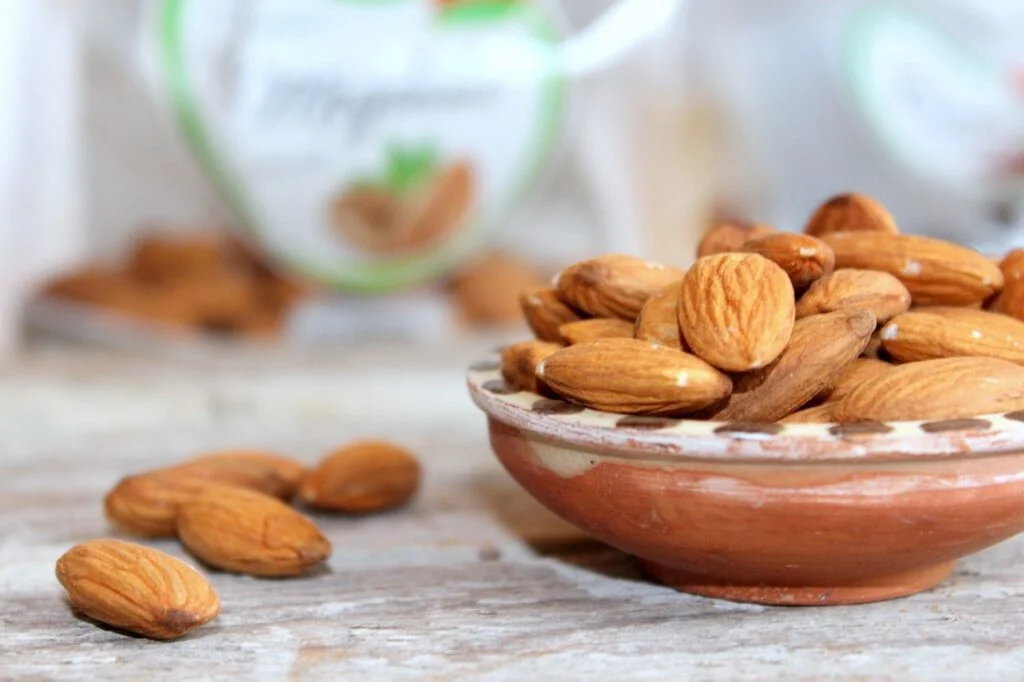Are you looking for a way to lose weight that’s rooted in African culture? Look no further than the African Diet Plan for Weight Loss. This diet plan is based on traditional African diets and uses healthy eating habits to help you lose weight. With this beginner’s guide, you’ll learn the basics of the African Diet Plan for Weight Loss and how to get started on your journey to a healthier, slimmer you.
What is the African Diet?
The African Diet is a unique way of eating that focuses on traditional African foods, such as plantains, cassava, beans, millet, sorghum and yams. It also includes other staples like corn, nuts and fish. This diet is based on the dietary habits of African countries and regions, where people tend to eat fewer processed foods and animal products.
The African Diet is a great way to lose weight because it emphasizes natural, unprocessed foods that are high in fiber and nutrients. It also limits sugar, salt and unhealthy fats.
In addition to helping you reach your weight loss goals, the African Diet Plan for Losing Weight also has many health benefits. Studies have shown that it can reduce risk factors for heart disease, diabetes and other chronic conditions. Eating this way may also help to improve your digestion and boost your immune system.
10 Benefits of the African Diet For Weight Loss.
The African diet plan for loosing weight has many benefits. This ancient dietary system has been passed down through generations and is still used by many today. Here are 10 of the top benefits of the African diet plan for loosing weight:
1. High Fiber Content.
The African diet is rich in fiber, which helps to promote healthy digestion, lowers cholesterol and aids in weight loss.(1)
2. Low Calories.
African meals typically contain fewer calories than western diets, making it easier to maintain a healthy weight.
3. Rich in Nutrients.
African dishes are packed with essential vitamins and minerals that help to keep your body functioning at its best.
4. Low in Saturated Fats.
Traditional African dishes are typically low in saturated fats, which helps to reduce the risk of heart disease and other chronic health issues.(2)
5. Gluten-Free.
Many African dishes are naturally gluten-free, making it easier to follow a gluten-free diet.
6. Plant-Based.
African diets rely heavily on vegetables, fruits, nuts and grains, making it an excellent choice for those following a vegetarian or vegan lifestyle.
7. Variety of Foods.
The African diet offers a wide variety of foods, so it’s easy to find something that appeals to you.
8. Improved Mental Health.
Studies have found that eating a traditional African diet can help to reduce stress and depression levels, as well as improve cognitive performance.(3)
9. Improved Physical Health.
Studies have also shown that eating an African diet can improve your physical health by reducing inflammation and boosting your immune system.(4)
10. Low Cost.
Traditional African dishes are inexpensive and easy to prepare, making them a cost-effective choice for anyone trying to lose weight.
These are just a few of the many benefits of the African diet plan for losing weight. With its variety of nutritious foods and health benefits, this ancient dietary system is an excellent way to improve your overall health and well-being.
Recipes of African Diet Plan for Weight Loss.
When it comes to the African diet plan for weight loss, you don’t have to sacrifice delicious and nutritious meals to meet your goals. Here are a few simple and healthy recipes that you can incorporate into your African diet plan for losing weight;
1. Avocado Toast.

Start your day off right with some delicious and healthy avocado toast. Spread mashed avocado on top of whole grain toast and top with a sprinkle of smoked paprika or cayenne pepper for a savory breakfast.
2. Tilapia Soup.

This delicious and nutritious soup is a staple in the African diet. Start by sautéing some garlic and onion in a pot and then add tomatoes, tilapia fillets, okra, chili peppers, coconut milk and a little bit of thyme. Simmer for about 30 minutes and enjoy.
3. Yam Bowls.

Sweet potatoes are a popular part of the African diet, so why not try making some yam bowls? Start by roasting sweet potatoes in the oven and top with roasted chickpeas, kale, feta cheese and a drizzle of tahini dressing.
4. Spinach and Eggplant Stew.
This hearty stew is packed with nutrients and is perfect for those following an African diet plan for losing weight. Start by sautéing garlic and onion in a pot, then add cubed eggplant, spinach diced tomatoes, and vegetable broth. Reduce the flame until the vegetables are soft and tender then enjoy!
These are just a few of the many delicious recipes you can make while following the African diet plan for losing weight. Don’t be afraid to get creative and do experiment with different kinds of flavors.
Sample 7 Days African Diet Menu Plan.
When it comes to the African diet plan for losing weight, a healthy eating plan is essential. Here is a sample 7 days menu plan that you can use to kickstart your journey.
| Days | Menu |
| Day1 | Start your day with oatmeal topped with banana, almonds and honey. For lunch, enjoy a quinoa salad with spinach, cherry tomatoes, black beans, and feta cheese. For dinner, try vegetable stew served with brown rice and avocado. |
| Day2 | Start your day with a smoothie made from mango, banana, almond butter and almond milk. For lunch, have grilled fish tacos with bell peppers and cabbage. For dinner, enjoy roasted cauliflower with tahini and quinoa. |
| Day3 | Start your day with scrambled eggs with sautéed spinach and tomatoes. For lunch, have a vegan wrap filled with hummus, cucumber, and tomato. For dinner, enjoy lentil soup served with whole-wheat pita bread. |
| Day4 | Start your day with oatmeal topped with blueberries and Greek yogurt. For lunch, enjoy grilled salmon with a side of steamed broccoli and brown rice. For dinner, have roasted sweet potato wedges with avocado dip. |
| Day5 | Start your day with a green smoothie made from spinach, banana, and almond milk. For lunch, have quinoa salad with roasted vegetables and feta cheese. For dinner, enjoy a hearty vegetable stew served with whole wheat bread. |
| Day6 | Start your day with a bowl of fresh fruit salad topped with Greek yogurt. For lunch, have a vegan wrap filled with quinoa, avocado, and black beans. For dinner, enjoy roasted vegetables served over couscous. |
| Day7 | Start your day with an omelet made from egg whites and veggies. For lunch, enjoy grilled chicken with a side of steamed kale and quinoa. For dinner, have roasted sweet potatoes topped with feta cheese and black beans. |
By following this African diet plan for losing weight, you will be able to reach your weight loss goals in no time!
Success Tips.
The African diet plan for losing weight is based on the traditional diets of Africans and their lifestyles. The diet emphasizes the importance of eating a variety of whole, unprocessed foods and avoiding processed or refined foods. It also encourages regular physical activity. To get started on the African diet plan for losing weight, here are some tips to help you:
1. Start Slow.
As with any diet plan, it’s important to start slow when following an African diet plan for weight loss. Gradually increase the number of African-inspired meals that you are eating, as well as your physical activity level.
2. Don’t Forget Protein.
While African diets generally emphasize plant-based foods, it is still important to include some sources of animal protein in your diet. Try adding legumes, nuts, eggs or fish to your meals to ensure that you are getting enough protein.
3. Seek Out Local Foods.
Traditional African diets differ significantly depending on the region and culture of the people who eat them. Take advantage of this diversity by seeking out local African recipes and ingredients that are not commonly found in grocery stores in the United States.
4. Include Healthy Fats.
Healthy fats such as olive oil, avocados, nuts and seeds are an important part of the African diet plan for weight loss. Be sure to include a moderate amount of these healthy fats in your diet for optimal health.
5. Stay Hydrated.
Drinking plenty of water is essential for health, weight loss and overall well-being. Make sure that you are staying hydrated throughout the day by drinking plenty of water and other unsweetened beverages.
6. Get Creative.
Try new recipes, experiment with different cooking techniques and have fun in the kitchen. The African diet offers a variety of flavors and textures to explore, so don’t be afraid to get creative and enjoy the process.
7. Focus on Whole, Unprocessed Foods.
The African diet focuses on fruits, vegetables, nuts, seeds, whole grains, legumes, lean proteins and healthy fats. These provide your body with essential nutrients and help keep you full and energized throughout the day.
8. Include Plenty of Fiber in Your Diet.
Foods like beans, oats, quinoa, apples and berries are excellent sources of dietary fiber which helps to regulate digestion and promote weight loss.
9. Reduce Sugar Intake.
Sugary drinks and foods are high in calories but low in nutrition so it’s best to limit your consumption. Choose natural sweeteners like honey or maple syrup instead.
10. Increase Your Intake of Healthy Fats.
Healthy fats from foods like avocados, olive oil, fatty fish and nuts help keep you fuller for longer, reduce inflammation and support brain health.
11.Eat Smaller Meals More Frequently.
This will help to keep your metabolism running smoothly throughout the day and prevent overeating at mealtimes.
12. Get Moving.
Regular physical activity is essential for weight loss and overall health. Aim to get at least 30 minutes of moderate-intensity exercise most days of the week.
By following these simple tips, you can start to incorporate the African diet into your lifestyle and reap the benefits that come with it.
Bottom Line.
The African Diet Plan for Weight Loss is a great way to maintain your health and reach your desired weight loss goals. This diet plan offers numerous health benefits, as well as many delicious recipes to enjoy. It also provides you with a sample 7-day menu plan and success tips to help you stay on track. With the right motivation and commitment, you can successfully follow the African Diet Plan for Weight Loss and experience the amazing results it has to offer.
+4 Sources
Verywelfit has strict sourcing guidelines and relies on peer-reviewed studies, educational research institutes, and medical organizations. We avoid using tertiary references. You can learn more about how we ensure our content is accurate and up-to-date by reading our editorial policy.
- The Health Benefits of Dietary Fibre; https://www.ncbi.nlm.nih.gov/pmc/articles/PMC7589116/
- Reduction in saturated fat intake for cardiovascular disease; https://www.ncbi.nlm.nih.gov/pmc/articles/PMC7388853/
- Eat to Beat Stress; https://www.ncbi.nlm.nih.gov/pmc/articles/PMC7781050/
- Strengthening the Immune System and Reducing Inflammation and Oxidative Stress through Diet and Nutrition: Considerations during the COVID-19 Crisis; https://www.ncbi.nlm.nih.gov/pmc/articles/PMC7352291/
How we reviewed this article:
Our team of experts is always monitoring the health and wellness field, ensuring that our articles are updated promptly as new information emerges. See Our Editorial Process
May 13, 2025
Written By: Nebadita
Reviewed By: Roxana Ehsani
Written By: Nebadita
Reviewed By: Roxana Ehsani

 Workout
Workout
 Meditation
Meditation





 Contact Us
Contact Us










